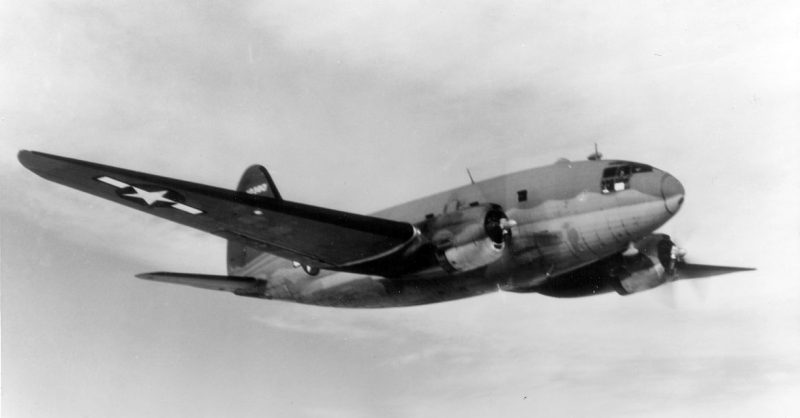Ike Farrar would frequently quote two lines from Rudyard Kipling’s poem “Recessional”:
“Lord God of Hosts, be with us yet / Lest we forget – lest we forget!” It represented to him how important it is to remember those who fought and sacrificed for our freedom.
Now, we remember Farrar.
The last surviving WWII pilot in Bedford County passed away this month at the age of 97. He was being treated for an illness at St. Thomas Rutherford Hospital.
Clifford Allison is another WWII veteran who knew Farrar. He was shocked and saddened to hear of Farrar’s death.
Roger Debatin of Flat Creek Community Club said that Farrar was considered an ambassador for their group.
County Mayor Eugene Ray lauded Farrar’s commitment and dedication to the community, Times-Gazette reported.
“Mr. Ike was one of the better friends I had — a very personal friend of mine,” Ray said, “and he is going to be missed in our community.”
Ray was active in the community, visiting the sick and nursing home residents. He also performed weekly with the Over The Hill Gospel Singers.
Tom Taylor of the Vietnam Era Veterans remembered when Farrar spoke to their group in June of 2015. “He was a wonderful guy to the veteran’s community,” said Taylor.
“Mr. Farrar became a great friend from his frequent visits to the newspaper,” said Hugh Jones, a Times-Gazette publisher. “In my 12 years with the Times-Gazette, the greatest honor I’ve had was to invite Mr. Farrar in 2014 to a flight in the ‘Memphis Belle’ B-17. It had been 68 years since he last flew in a B-17.”
“At the preflight briefing for the media with other newspapers and TV stations, Mr. Farrar, who was always jovial and full of wit, recounted many funny war era stories to the group and had everyone rolling with laughter. The flight was emotional for him. It was a privilege to salute a great veteran.”
Farrar began his military by learning to fly at Maxwell Field in Montgomery, Alabama. He was a member of the first class of the Civilian Pilot Training Program. When the Japanese attacked Pearl Harbor, he enlisted in the Army Air Corps. He became a trainer for B-17 gunners.
Farrar enjoyed teaching but wanted to see action. He requested combat duty and was made a C-46 cargo plane pilot. He transported men and equipment. He also flew medical evacuation missions.
On one evac mission, he picked up several Marines who had been injured by a bomb explosion on one of the Pacific islands.
For the rest of his life, Farrar would see the six young Marines make their way up the boarding steps to the plane. They walked single file. The Marine in the lead had one eye bandaged. The other five had both eyes bandaged. All six were relying on the one good eye between them to get where they were going. Out of a dozen good eyes, only one survived the explosion.
Farrar said that the site gave him perspective. For the rest of his life, he would think about those Marines and be grateful for what he had.
Services for Farrar were held at Flat Creek Church of Christ.
